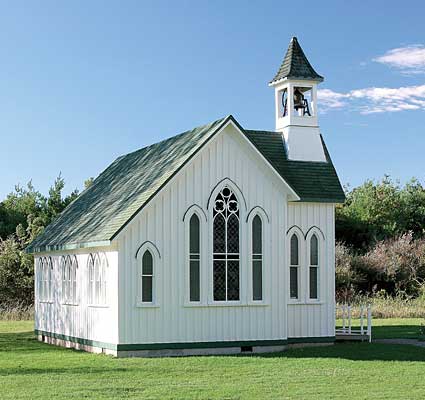
Carol,
Our homeschool co-op would like a consultation with you. Our group is classified as a church in our state. Some of us feel that this is not the correct classification. While we have a religious purpose, offer a class in worship arts, and have Bible Studies, we are like more homeschool co-ops. We don’t have worship services, clergy or a theology.
Can you help?
I had a wonderful video call with five members of this homeschool group. Indeed they were formed as a church in their state.
We discussed religious purpose and most importantly their state’s definition of “church” (or in this state “ecclesiastical organization”). This homeschool group just didn’t fit the definition of an ecclesiastical erganization!
Their state’s definition of a church or ecclesiastical organization is (my emphasis added in italics):
The term “church” and/or “church organization” used in this act shall be construed to include any church, denominational unit, or church society as the term is commonly used and understood but shall not apply to such organizations as Sunday schools,…Bible classes and similar societies organized by and affiliated with the parent churches.
My recommendation was to dissolve the organization as is and start a new nonprofit corporation with a religious and educational purpose to run the homeschool activities.
The homeschool group followed that advice is pursuing nonprofit incorporation and 501c3 tax exempt status for a new organization.
At the same time, a Classical Conversations Director asked a tax assessor in North Carolina this question:
“Classical Conversations is Christian education. It aligns with the values and beliefs of the host church. Shouldn’t we be covered under the religious rather than nonprofit educational exemption?”
His rely, with my emphasis added in bold for brevity:
NCGS 105-278.3 defines a religious purpose as “one that pertains to practicing, teaching, and setting forth a religion. Although worship is the most common religious purpose, the term encompasses other activities that demonstrate and further the beliefs and objectives of a given church or religious body.” The Roman Catholic Church has long used a system of education as a method for instilling its particular beliefs and practices in the minds of the youth. Many protestant and other religious schools are operated by churches and church organizations in the hope of bringing the youth into conformity with the organization’s beliefs. In the developing world, Sunday Schools often teach literacy and language skills to attract children and their parents while teaching them using heavily theological materials. Thus, it is not a stretch to associate educational curriculum with organized religions and religious practices.
Problematically, CC Communities are not themselves religious organizations, denominations, or churches. NCGS 105-278.3 defines such as “a congregation, parish, mission, or similar local unit of a church or religious body; or a conference, association, presbytery, diocese, district, synod, or similar unit comprising local units of a church or religious body.”
It speaks of furthering the beliefs and objectives of “a given church or religious body” and extends exemption to “a general or promotional office or headquarters” of a group listed above, along with “residences for clergy, rabbis, priests or nuns assigned to or serving a congregation, parish, mission or similar local unit, or a conference, association, presbytery, diocese, district, synod, province or similar unit of a church or religious body.” Great lengths are taken to clearly describe who may benefit from religious exemption.
For a CC Community to benefit from the religious exemption it must prove that it is one of the above categories. Merely being a ministry, a Christian organization, etc. is insufficient, you must be a church body.
Source: Jeremy K. Akins,
Tax Administrator Alamance County
North Carolina
So although Mr Akin’s reply only applies to his county (based on North Carolina laws), it gives us an understanding that frequently the meaning of “church” for tax purposes (or property tax exemption in this case) is defined in the tax code of the states.
In other words, we as citizens, nonprofit leaders, or business owners cannot define what a church is or when our business or nonprofit group should be eligible to be called a church.
Those definitions are already in place. We just need to do our research.
